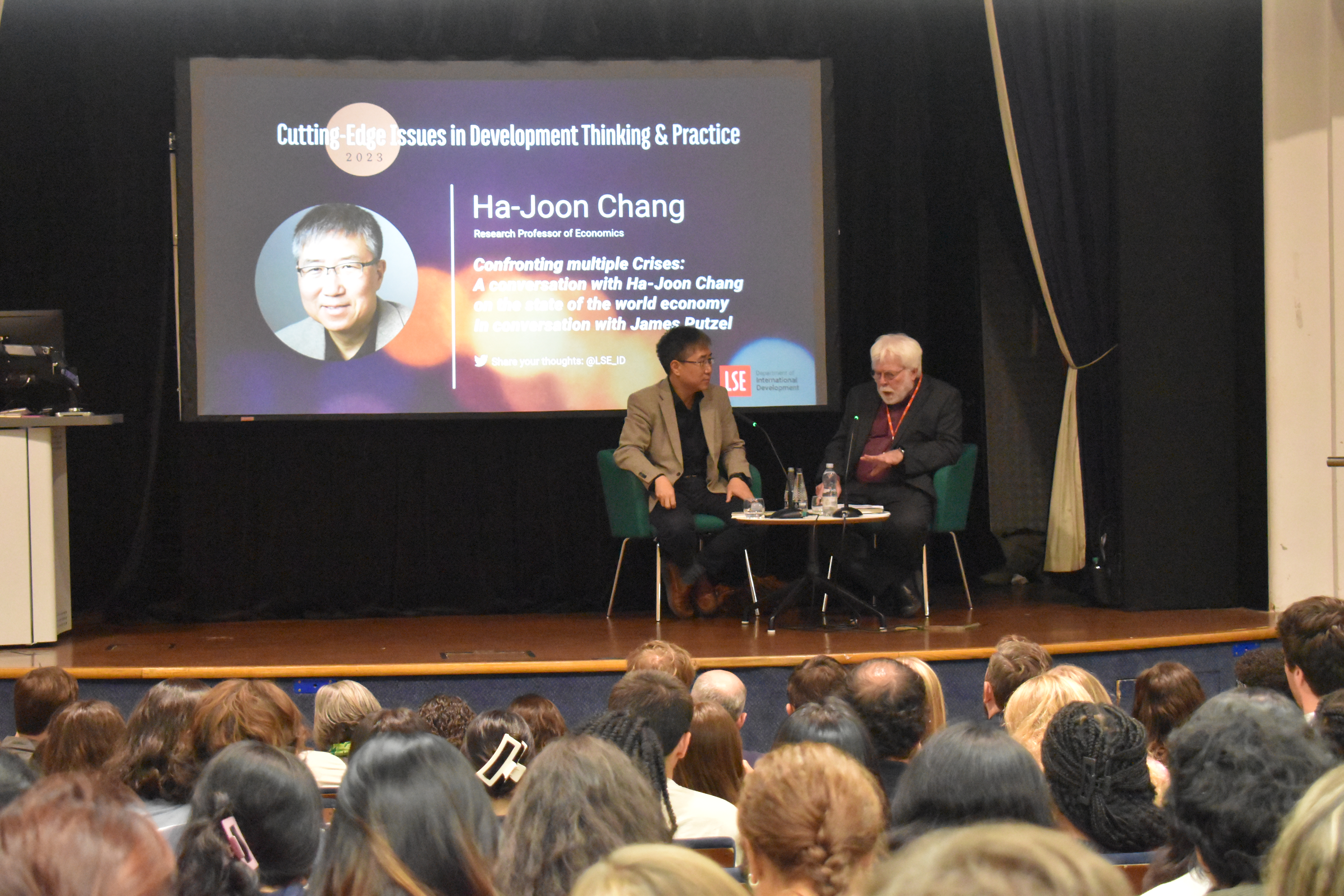Congratulations! If you are reading our blog, it means that you have been accepted to the LSE! We (Katie Kim, Sibel Dbila and Nina Lacroix) thought we would relieve you of the information overload and provide a short vocabulary of all the key things you need to know or might have questions about whilst being here with us. Sit back, catch up and gear yourselves for an amazing time!
AT or Autumn Term (October-December)
This is a time to get to know your course mates and professors, find your favourite study spot and try all the lattes in the radius of your campus. It may seem like the start of term, but do not let that fool you, these pleasures go best with readings and notes!
WT or Winter Term (January-April)
This term might be three months, but it feels more like three days, so try to blink less often. This is a blissful time filled with essays and presentations where you get to know the most intimate things about your course mates – which layout they choose on power points. Cherish it, you’ll miss the lectures and seminars we promise.
ST or Spring Term (May)
This is where the big guns come out, final essay submissions and exams to fire you up for your dissertation write-up. The sweetest part of preparing for these is when all the knowledge from your different modules come together like a puzzle, and you become a part of International Development at heart.
Lecture
You will have one lecture per module a week, it is everything you think it is, there really is something in the air of a lecture hall, especially after Zoom. Although the university does not have a specific dress-code in place, we kindly ask that you switch up the pyjama pants for something a little classier.
Seminar
A synonym for class, a seminar is a 1.5-hour session for every module that you will have once a week, where you will be able to dive into the topics of the lecture, debate the readings and form ideas in an intimate group of students and your professor. You’ll find that this group will start to feel like family.
Readings
Say hello to your soulmate for the next year, just like a person you are interested in pursuing, you will have to give these readings most of your time and attention, take them almost everywhere you go and embrace all their complexities. Romantically, they will be there for you when you need them most!
Reading Week
Reading Week takes place in Week 6 of each term. It is a week free of lectures and seminars, designed to help students catch up on readings or coursework, and definitely not a week to go enjoy the sun and white beaches of Greece or explore a new city… Sense the sarcasm here.
Formative
This is a piece of coursework that is not graded and therefore does not count toward the completion of your degree. It is just a way to practice your skills and get feedback to better yourself. You will feel relieved if you do badly since it does not count in your final grade, but very frustrated if you end up doing well.
Summative
This is where the stress kicks in! Those are the pieces of work that will determine how well you do on your degree. Summative will be different for each course so make sure to check the assessment requirement before choosing a course (no one wants to write a 4000-word essay over Christmas)
Pass/Merit/Distinction
The marking system is done using percentages:
- 50% and above is a pass
- 60% and above is a merit
- 70% and above is a distinction
It is important to do your best, but in the end, getting the degree is what matters
Courses/Course Selection
Courses are the subjects you will take during your degree. Those starting with DV are from the International Development Department. The course selection process opens in Week 1 of MT. The strategy is to choose your course to balance out your workload between MT and LT (bless those who have chosen to take everything in one single term.)
Moodle
This is the learning platform that is used at the LSE. You can find and access all the information pertaining to your courses here! This includes the: syllabus, reading list, seminar group forum, and portals to submit formative and summative assignments. Moodle also includes links to important resources such as LSE Life and the library databases.
LSE For You
You are probably already aware of LSE For You since the graduate application tracker was found on this platform. Did you know that LSE For You also has many other functions? Some of these functions include applying for courses, exam information, your LSE candidate number (which is needed for exams and summative assignments), and tuition information.
Student Hub
You can access the LSE Student Hub online and by downloading the app (which we highly recommend)! Forgot which seminar you have on Monday? The Student Hub keeps track of the day, the location and the time of each seminar and lecture that you have. Want to talk to your mentor about your dissertation? You can make a booking for a 15-minute slot to meet with any professor or staff through the Student Hub.
Mentor
Your mentor is your go to person for any questions you may have regarding the LSE. You can talk to them as many times as needed, sometimes becoming very close to your mentor by the end of the year (I have definitely never cried in office hours before).
IDHE/DM/DS/HID/EPID
IDHE – International Development and Humanitarian Emergencies
DM – Development Management
DS – Development Studies
HID – Health and International Development
EPID – Economic Policy for International Development
Objectively the best 5 Master’s degrees LSE has to offer
Course Administrator
The Course Administrator assists in the day-to-day functions of the course. They are there to help with any logistical issues that you have or questions you may have about the course. Submitting a summative assignment and you’re having logistical problems on Moodle? Email your Course Administrator (not the Course Convener!) and they will happily help you.
The views expressed in this post are those of the author and in no way reflect those of the International Development LSE blog or the London School of Economics and Political Science.
Image credit: Christin Hume via unsplash
Please note that this article was updated (term names and programmes) by the Blog Editor on 17/04/2014.





